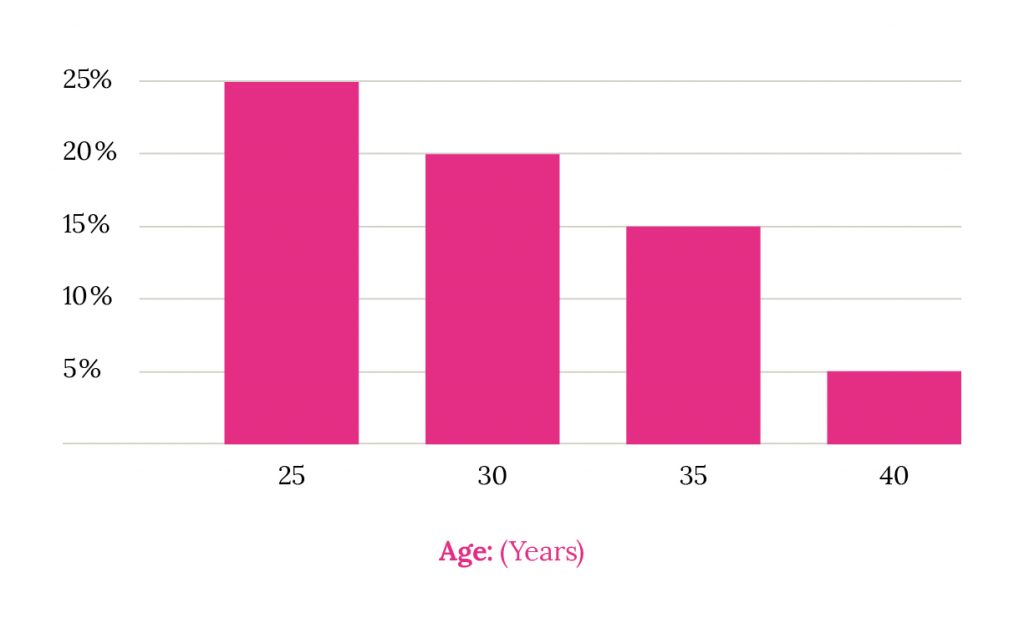
DOES AGE AFFECT FERTILITY?
The changing social scenario together with economic growth and an increase in job opportunities
has to a great extent reduced gender inequality and has resulted in more and more older women
trying to conceive naturally and seeking help from infertility clinics. Fertility and aging have always
been closely linked and the age of the female partner remains the single most important factor in
predicting success with treatment. Although tests for the ovarian reserve are an important
informative tool and are helpful in selecting treatment options, they are poor predictors of the
outcome.
Women are born with all the eggs they will ever have and the number of eggs available decreases
each day from birth onwards. In young women, the decline is fairly gradual (only a few eggs are
‘lost’ each day), but as women approach their mid to late 30s, the decrease gets much steeper (many
more eggs are ‘lost’ each day). In addition to this decrease in the number of eggs available, the
quality of the eggs also declines as women get older.
Girls are born with a fixed number of immature eggs in their ovaries. The number of eggs decreases
as women get older. At birth, most girls have about 2 million eggs, at adolescence that number has
gone down to about 400,000. At age 37, there remains about 25,000. By age 51 when women have
their menopause, they have about 1000 immature eggs but these are not fertile. At every menstrual
cycle, one of the immature eggs will mature and be released during ovulation. The eggs that are not
released die and get re-absorbed into the body. The quality of the eggs also gets poorer as women
get older. All other things being equal the number and quality of the woman’s eggs determines her
fertility.
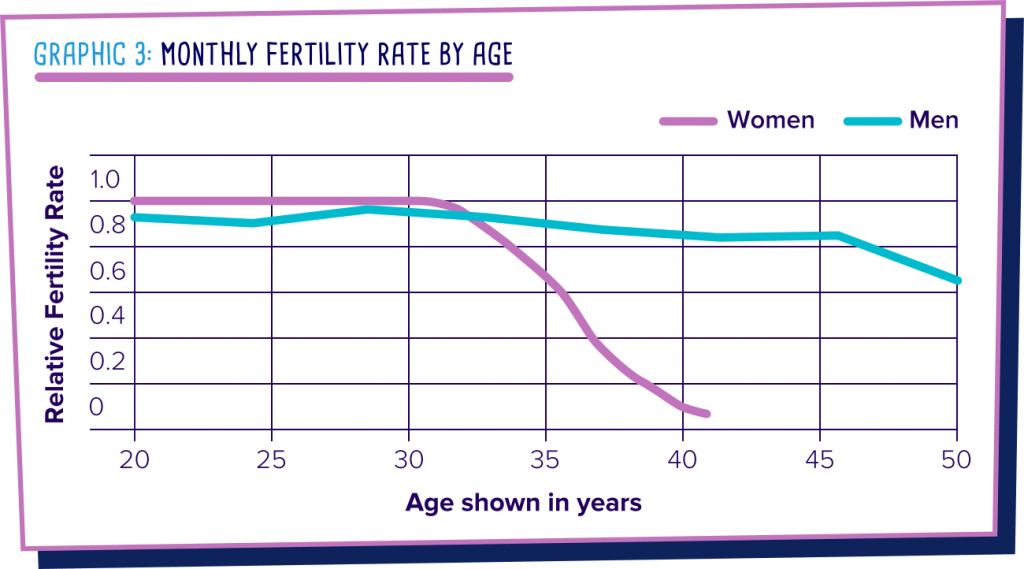
on fecundity and outcome of pregnancy, van Noord-Zaadstra et al; 302, p. 1363, 1991]
Graphic 3 shows that on average, there is a decline in female fertility starting in the mid-thirties,
with lower fertility especially after the age of 35. Women’s fertility will continue to decrease every
year, whether or not she is healthy and fit because the number and quality of the eggs decreases with
age. Even if a woman is not ovulating (for example if she is taking the contraceptive pill, or is
pregnant), the number of eggs continues to decline at the same rate. How quick a woman’s fertility
declines will depend on a combination of genetic and lifestyle (e.g. smoking) factors.
- The number and quality of eggs (ovarian reserve) decreases naturally and progressively from the time a woman is born until the time she reaches menopause. This decline is gradual until her early 30s but accelerates quickly after her mid-30s.
- It is not only more difficult to get pregnant (conceive), but miscarriage and chromosomal abnormalities in the child (such as Down syndrome) are more common in older mothers.
- Fibroids, endometriosis, and tubal disease are more common and can affect fertility.
- Women who become pregnant at an older age have a higher risk of complications during the pregnancy, such as gestational diabetes and preeclampsia.
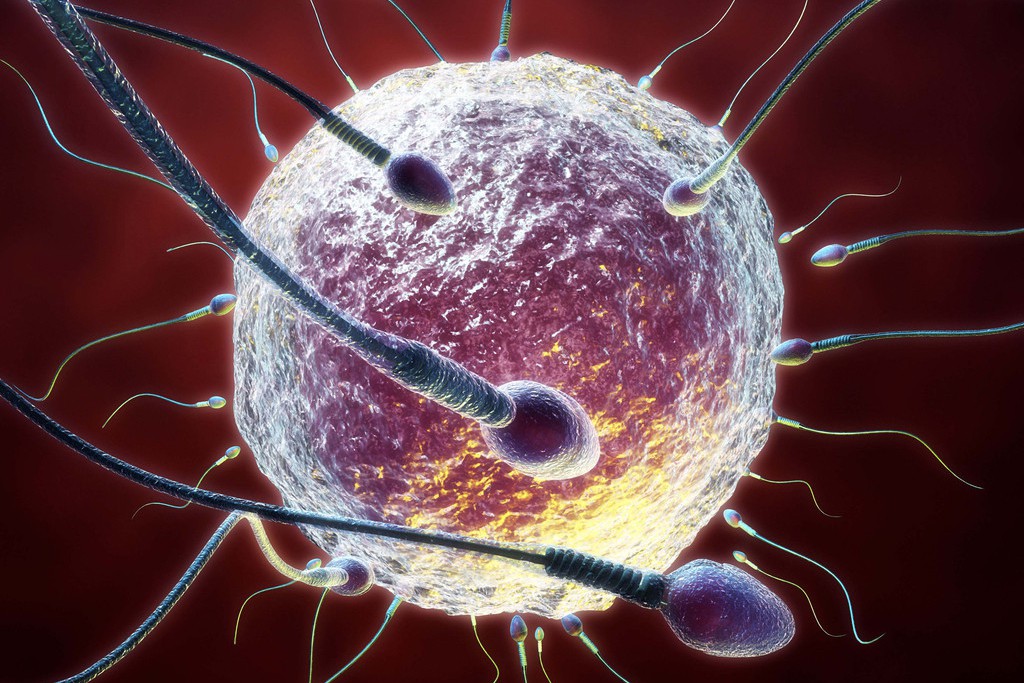
Men’s fertility
Men are not born with sperm. Men produce sperm daily from puberty. Men’s fertility also starts to
decline around age 40 to 45 years. The decrease in fertility is caused by the decrease in the number
and quality of the sperm they produce. Men can have fertility problems even if they can still have
sex and have an ejaculation.
Men in their mid-to-late 40s, experience changes in their sperm that can cause issues with fertility
and chromosomal/developmental problems with offspring.
Studies have consistently shown that increasing male age is associated with an increased time to
pregnancy and decreased pregnancy rates. This is possibly also due to the fact that as men age, their
partner may be older too, the frequency that they have sex may decrease and poor health, more
common in older men, can be associated with a decline in sexual function. After taking into
consideration the female partner’s age, a further study showed that conception during a 12-month
period was statistically less likely for men aged over 40 compared with men younger than 30 years.
Ageing in men is associated with increased medical conditions and reduced health, decreases in
semen quality, and increasing rates of DNA fragmentation in sperm which can result in sub fertility,
IVF failure or miscarriage.
When should you seek help?
- Couples where the woman is younger than age 35 should ask for a fertility evaluation if they have not been able to conceive after one year of trying (unprotected intercourse).
- Couples where the woman is older than 35 should seek evaluation if they have not been able to conceive after six months.
What other factors can cause a decline in my fertility?
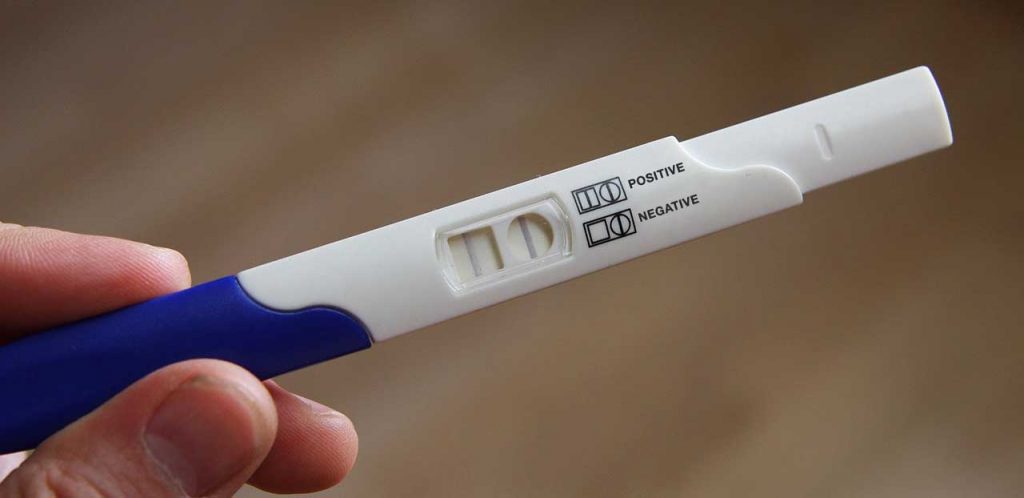
If you have any of the following risk factors, you may consider seeking advice earlier than
described above:
- Family history (i.e., mother or sister) of early menopause (before age 51)
- History of cigarette smoking in either partner
- Previous ovarian surgery
- Exposure to chemotherapy or radiation to treat cancer in either partner
- Shortening in the time between periods
- Skipped or missed periods
- History of injury to the testicles
- Exposure to toxic chemicals (certain pesticides or solvents)
If a couple has an obvious medical problem affecting their ability to conceive, such as absence of periods (amenorrhea) or irregular periods, sexual dysfunction, a history of pelvic disease, or prior surgery, they should begin the infertility evaluation immediately.
Is it possible to slow down or reverse reproductive ageing?
It is not possible to increase your egg reserve, though there is some research into stem cells to
increase it.
However, eating well, checking for any nutrient deficiencies, exercising regularly, getting enough
sleep, avoiding smoking, (this can damage the DNA of sperm and egg) and adopting a lifestyle that
reduces stress can improve your overall health and can improve egg and sperm quality. Therapies
that increase the blood supply to reproductive organs can also help e.g. Acupuncture, abdominal
massage and laser therapy.
Whether you’re thinking about your advancing age as a barrier to overcome or you are planning
now for the future, there are no strict cut off dates, every couple is different. But do know that the
sooner you start trying for your family the higher your chances of conceiving. Although some
couples will fall pregnant after only a few months of trying it is very normal for it to take a year or
two, especially if you are older.
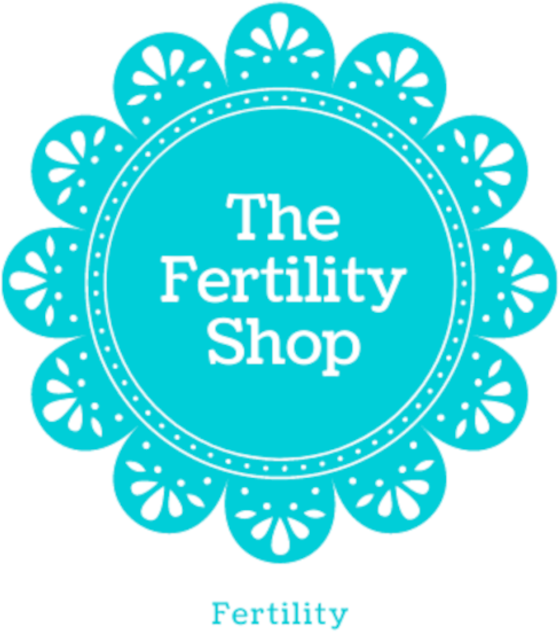
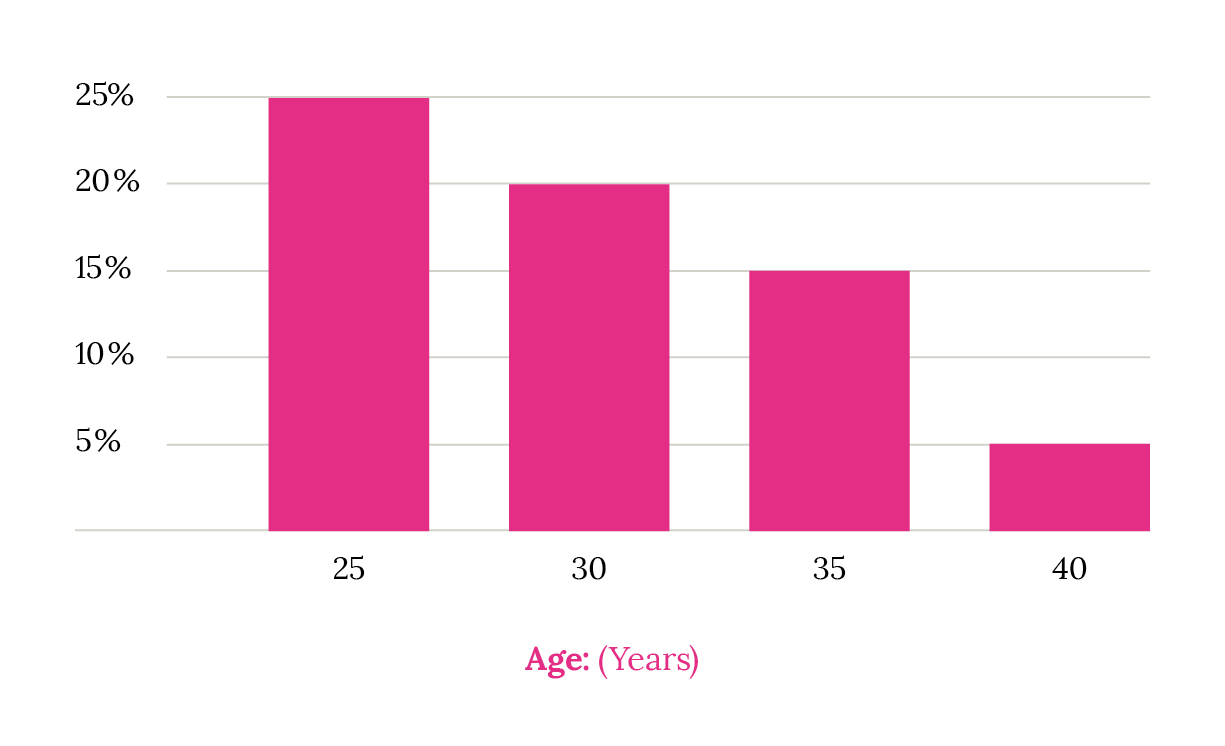

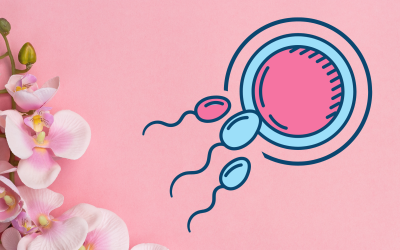
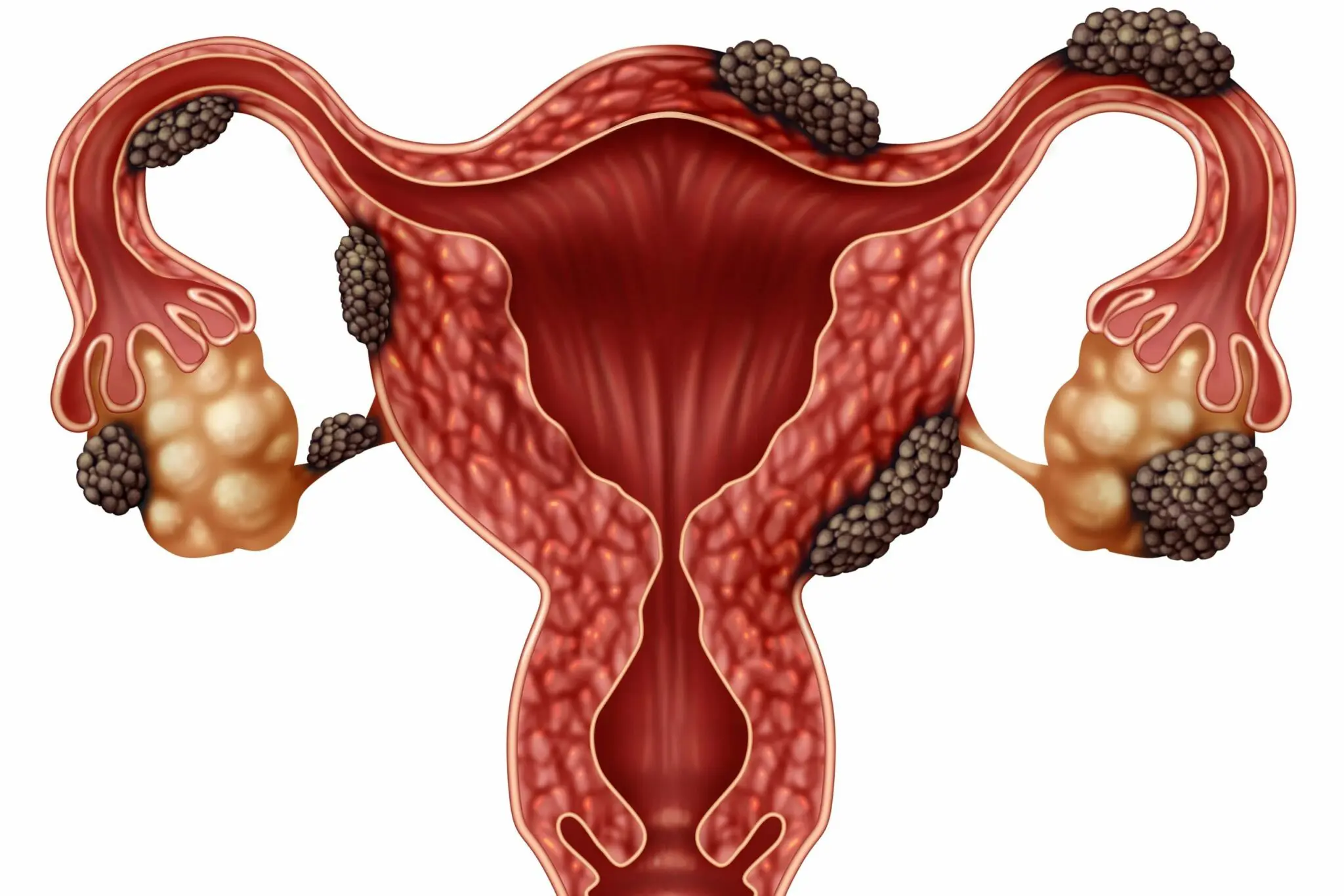
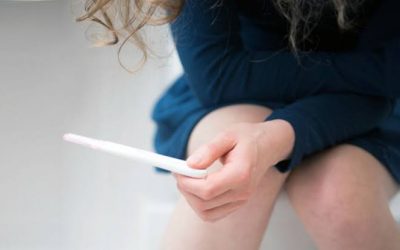
0 Comments